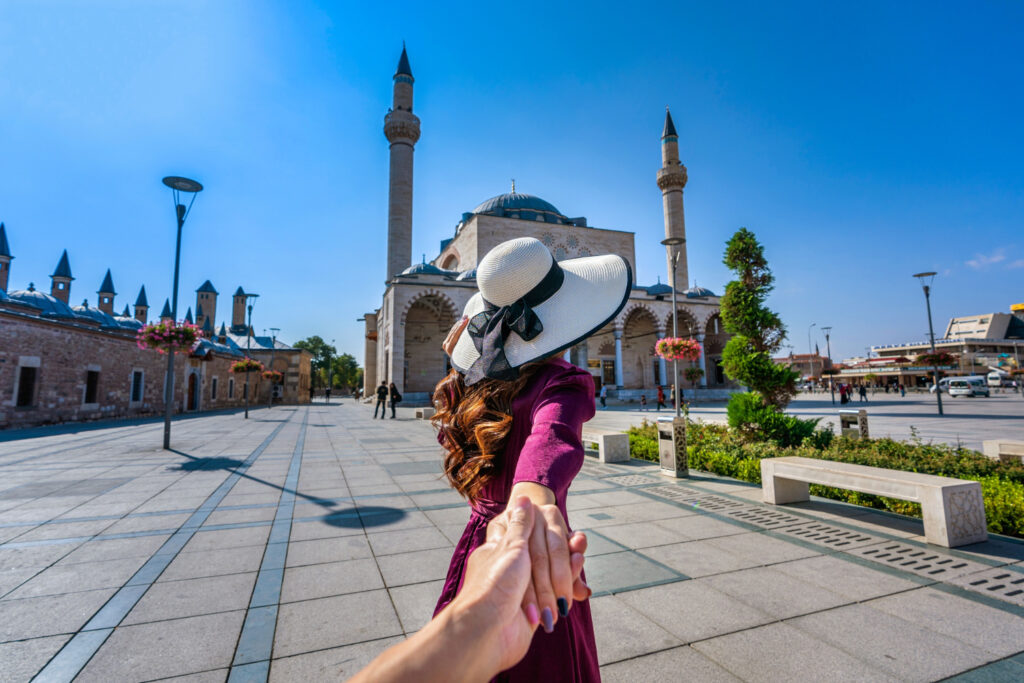The term Utanmaztürkler refers to a cultural sensation and historical revolution that has substantial influence in the Turkish-speaking world. It directly translates to “the shameless Turks,”. It has revolutionized to represent a standpoint on cultural identity, social norms, and political awareness within Turkey. This exploration digs into the origins, socio-cultural allusions, and vast importance of Utanmaztürkler’s identity.
What does “Utanmaztürkle” Mean?
At its core, it has an intricate meaning embedded in the implications of Turkish language and culture. The phrase holds connotations of audacity and discrepancy. The “shameless” term is reanalyzed to intimate a refusal to stick to expected social norms and cultural restrictions. In this sense, it has become a cultural label, sometimes used scornfully. On the other hand, it is a badge of strength for those who feel misunderstood or banished by conventional Turkish society.
Historical Background
To completely understand Utanmaztürkler, it’s crucial to look back at Turkey’s history and political framework. Its identity formation is bound to several historical and social occasions. Specifically, as Turkey transformed from an empire to a profane nation-state. The rise of nationalism, the focus on secularism, and the tension between traditional norms and advanced intentions have each contributed to shaping a generation of Turks.
Over recent decades, this term has also developed in prestige within Turkey’s dispersion communities across Europe and North America. As youngsters encounter various cultures, they may feel isolated from traditional Turkish values, or contrarily, condemned by host societies. For some, adopting these values helps them regain agency and affirm a rare cultural identity that is versatile and unabashed.
Social Significance
It has become a mode of utterance for those who want to challenge determined norms and push for societal change. It epitomizes a desire to speak out against political, social, or cultural injustices. In Turkey, where conservative values often meet with nationalism, being labeled a member may signal an opposition to government policies or social standards that some view as opperessive.
Many individuals associated with Utanmaztürkler endorse progressive values, such as secularism, freedom of speech, and gender equality. Their convictions may be at odds with prevalent restrained attitudes, which can lead to friction and even legal challenges.
A Critique of Cultural Norms and Patriarchy
In Turkish society, where patriarchal values often dominate, it can represent a sharp evaluation of societal expectations concerning gender roles and family structures. Many women see it as a platform to challenge societal pressure, whether related to marriage family, or career paths. This bold self-enumeration highlights a rejection of venerable limitations and motivates independence and self-expression.
Impact on Turkish Media and Art
Role of Media
The role of media and social platforms has been influential in its propagation. As free speech and press restrictions in Turkey, online media and social networks offered substitute spaces who feel silenced. Blogs, YouTube channels, and social media accounts that line up with its ethics provide commentary on social and political issues and form a more crucial, and often censored, outlook.
Artistic Expressions and Cultural Resistance
In addition to digital media, it also finds expression through literature, art, and music. Turkish musicians and artists who array with this recognition produce work that mirrors an unstructured, unabashed view of society, emphasizing issues often omitted by prevailing media. Through stimulating visual art, plays, and music, they bring to the attention about debatable topics, including freedom, justice, and human rights.
Political Dimensions
A Push for Political and Social Change
The political dimension of Utanmaztürkler is specifically eminent as many of those who recognize this movement are also verbal in their needs for democratic reforms, fair governance, and freedom of expression. They contest the government’s control over press freedoms, its perspective on minority rights, and its rebellion against international pressures to enhance human rights practices.
While it is not a formal political movement, its impact can be felt within Turkish society’s growing groups. This impact is specifically eminent among academics and youths who intend to remodel the future of Turkish politics to reflect a more open and universal society.
Resistance and Backlash
Recognizing this term, however, is not without hazard. Many followers have faced societal backlash, both from conventional family members and from Turkish officials who view this movement, as sabotaging or rebellious. Being associated with it may lead to social solitude, loss of employment opportunities, and even legal consequences under Turkey’s strict anti-terror laws.
International Perceptions of Utanmaztürkler
The term has attained popularity not only in Turkey but also among Turkish communities globally. For those in dispersal communities, this recognition serves as a form of cultural solidarity. By encompassing it, Turkish emigrants and their progeny often find ways to navigate the intricacies of dual identity, balancing their Turkish heritage with the values of their host countries.
Internationally, it is viewed as a rare example of political and cultural endurance. Human rights organizations, academic researchers, and even international media outlets have taken an interest in it as a social phenomenon that spotlights the resistance and challenges faced by Turkish citizens.

Future of Utanmaztürkler and Its Place in Turkish Society
Its future remains doubtful, as it is innately bridged to the revolutionizing political and social dynamics within Turkey. As Turkish society continues to contend with issues of recognition, democracy, and freedom of expression, it will likely remain a crucial symbol for those endorsing change. With younger generations accepting this recognition and magnifying their voices through digital platforms, it may ultimately play a more eminent role in Turkey’s social framework.
Conclusion
The recognition of Utanmaztürkler continues to mirror an intricate convergence of culture, politics, and societal criticism within Turkey. As a mutual force, it challenges the current status, propelling society to address pressing issues of freedom, gender equality, and human rights. While enclosing this recognition may come with challenges, it ultimately presents a potent movement of pliability and transition within Turkey and beyond.
